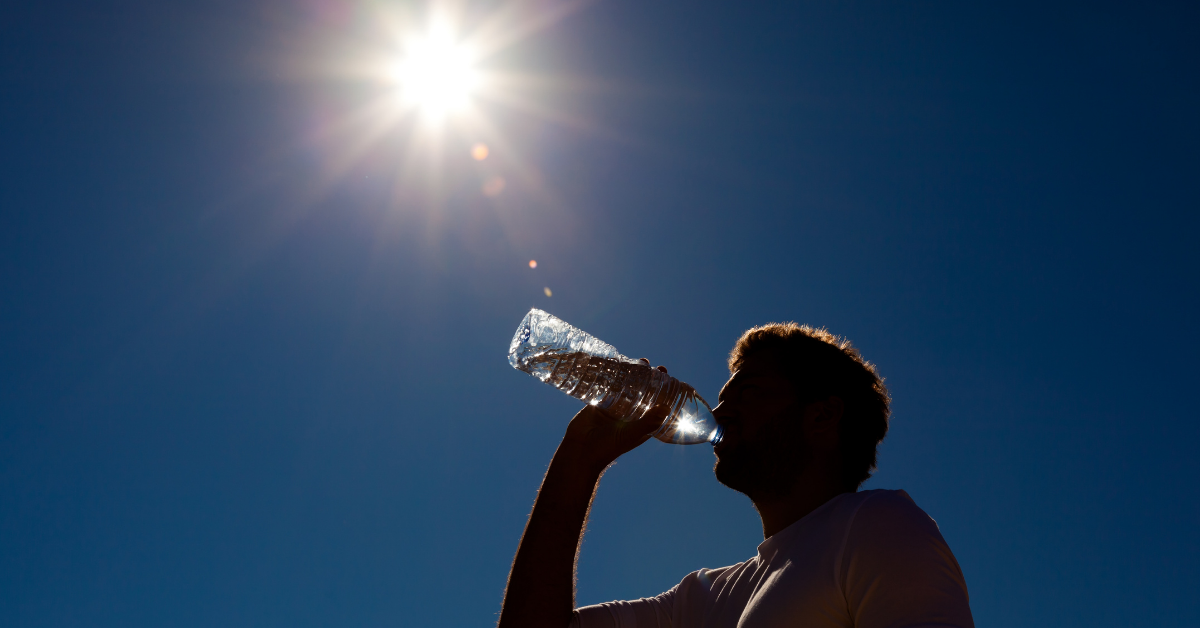
Heat Resistance: Tips to keep hydrated and avoid heatstroke as the world gets rapidly warmer
Global warming is not only a threat to the planet as a whole; it also affects the health of every individual inhabitant. July was reportedly the hottest month on record around the globe, and the number of heat-stressed days is only set to increase.
Indeed, a study published in The Lancet estimated that about 356,000 deaths worldwide were related to heat in 2019. And the World Meteorological Organisation is now warning of global warming breaking through the crucial 1.5°C cap above pre-industrial temperatures in the next five years.
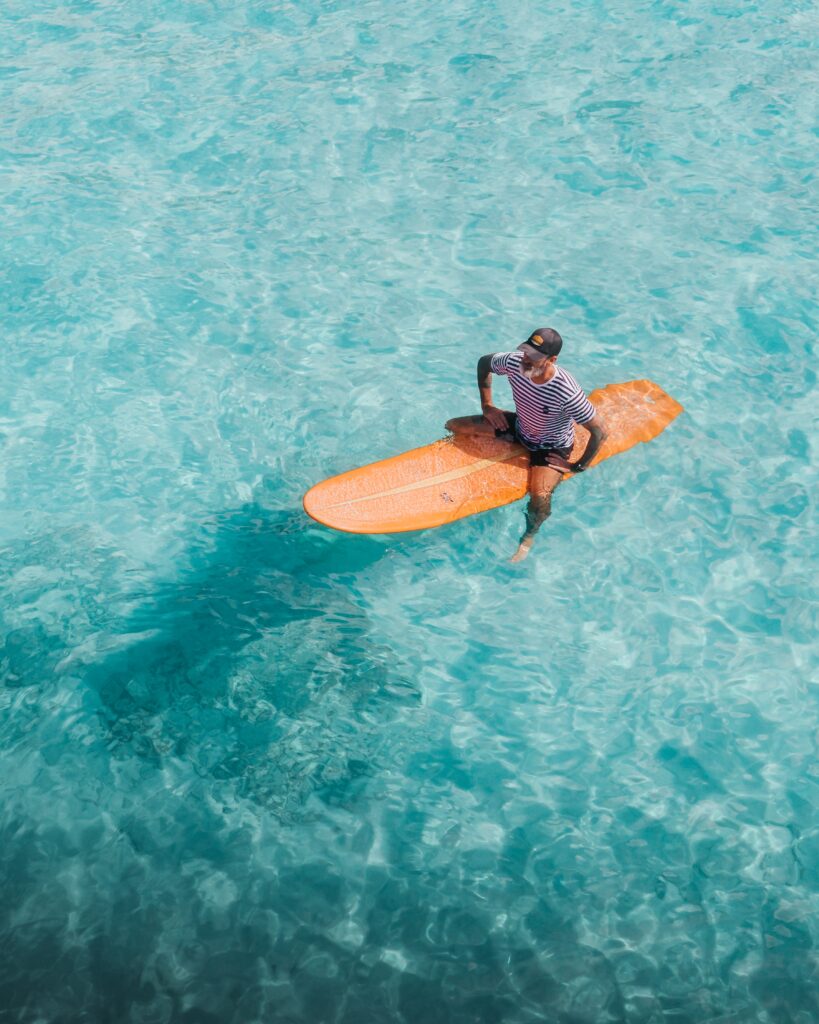
With record-tumbling baking-hot spells happening more frequently, it is vital that we keep our cool and take precautions to safeguard our well-being.
Hong Kong warning system
The authorities in Hong Kong are acutely aware of the severity of the situation. A new three tier Heat Stress at Work Warnings system was introduced earlier in the summer to help tackle heatstroke among those working outdoors or without air-conditioning. If the Hong Kong Observatory’s Hong Kong Heat Index (HKHI) hits 30, this will trigger a recommended rest time for each hour of labour depending on whether the workload is “light”, “moderate”, “heavy” or “very heavy” and the level of the alert (amber, red or black). The heat index uses data that considers relative humidity, the intensity of sunlight, temperature and hospitalisation rate.
Workers deemed to be involved in “very heavy” workloads during an amber alert will be recommended to take 45 minutes of rest after working 15 minutes every hour. Those involved in this level of intense physical activity are advised to cease work completely if the HKHI hits 32 or above – red and black warnings. Workers at lower intensity of physical labour would be advised to rest for varying periods of time (or even suspend work).
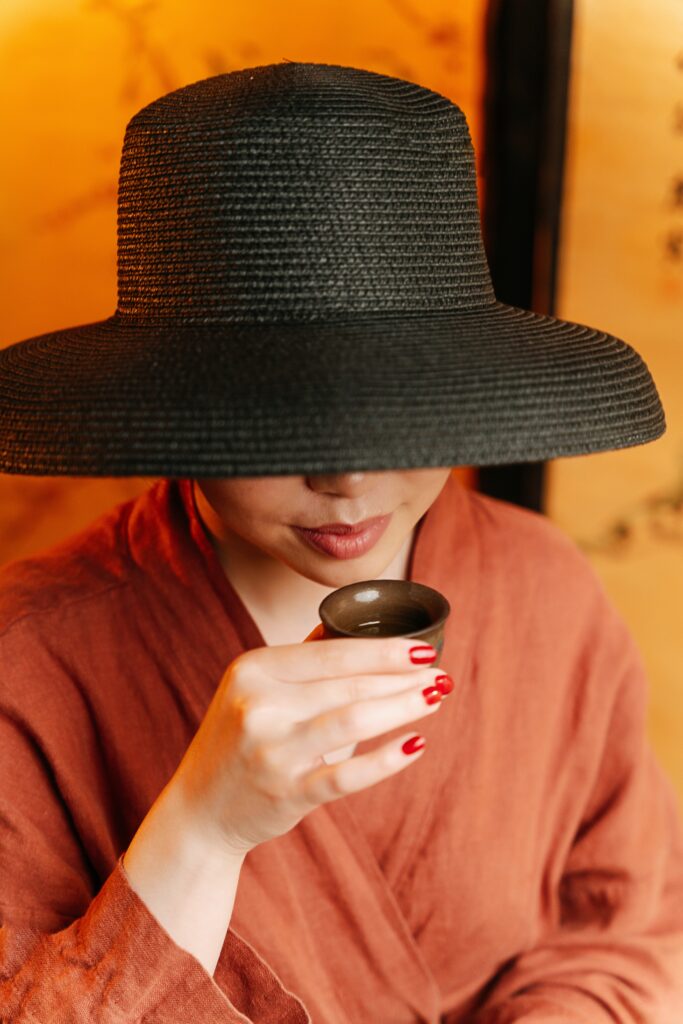
The warning system is operated by the Labour Department with the Observatory assisting to broadcast the message, which can be received via the GovHK Notifications or MyObservatory mobile applications. The guidelines inherent in the warning system are only voluntary measures, though, and are not legally binding. A construction worker in Hong Kong lost his life from heatstroke this summer during an amber heat alert.
Water everywhere
The Department of Health’s Centre for Health Protection (CHP) consistently urges the community to take heed of necessary measures against heatstroke and sunburn in very hot weather. “The public should carry and drink plenty of water to prevent dehydration while engaging in outdoor activities,” warned a CHP spokesperson recently.
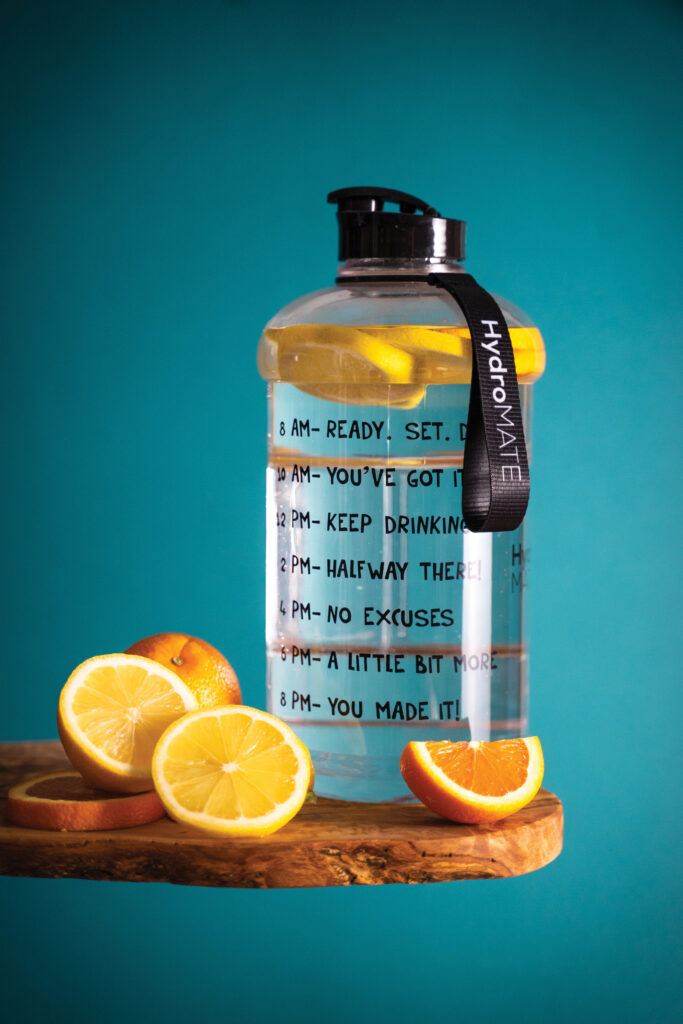
The importance of staying properly hydrated during hot summer days has long been advocated by medical professionals. Water is known to perform vital functions such as regulating body temperature, flushing waste from the body, supporting a healthy immune system, lubricating and cushioning joints, as well as promoting healthy digestion and improving memory, alertness, mood and sleep quality.
Some health experts suggest consuming 13 cups of beverages a day, including water. However, this total depends on the level of activity, climate and overall health. Hot and humid places mean people tend to sweat more and it is important to keep water on hand. Drinking before, during and after a workout is also essential.
Dehydration danger
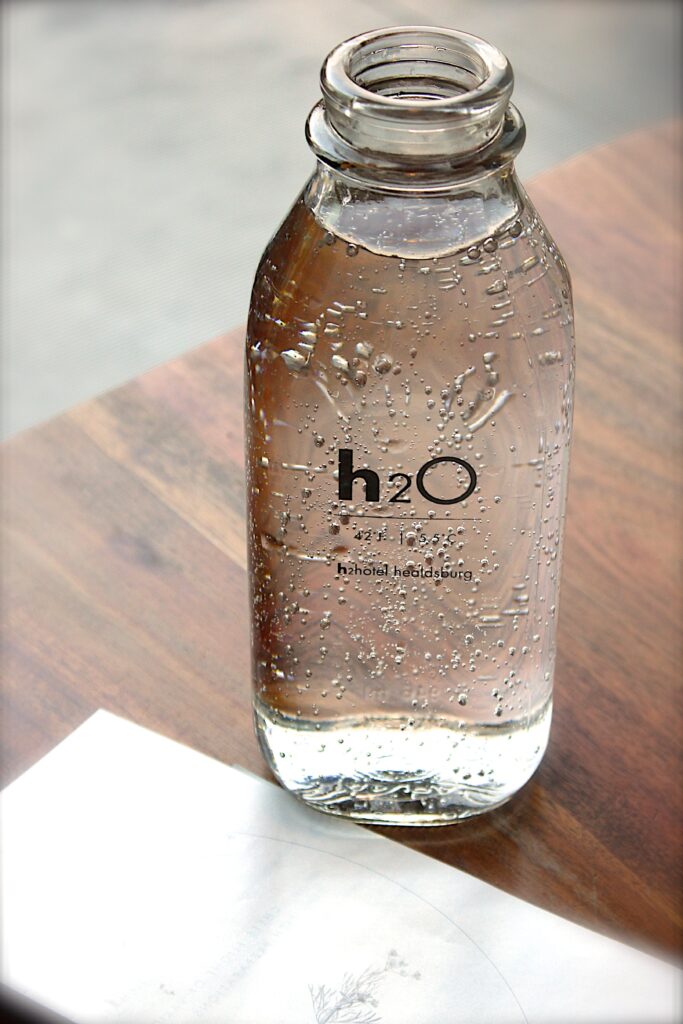
Tips for optimum hydration include ingesting a glass of water (about 8 fluid ounces) upon waking and before bedtime, drinking throughout the day, infusing water with slices of fruit, vegetables or herbs, and using a favourite water bottle to encourage fluid uptake.
Not all liquids are recommended, though. “Those engaged in strenuous outdoor activities should avoid beverages containing caffeine, such as coffee and tea, as well as alcohol, as they speed up water loss through the urinary system,” said the CHP spokesperson.
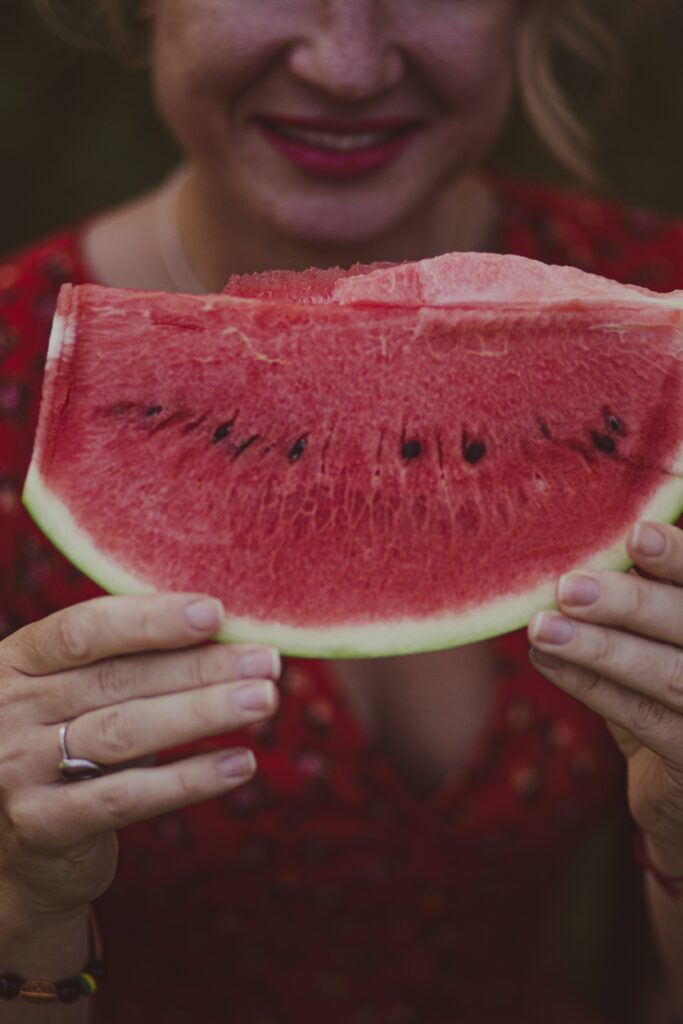
The World Health Organization (WHO) advises to check the colour of urine, and to drink more if it is dark. They warn against drinking distilled water as it leaches all-important electrolytes.
Apart from dark urine, there are a multitude of signs of possible dehydration such as thirst, flushed skin, headache, fatigue, increased body temperature, dizziness, irritability, constipation and nausea. Possible options to try to alleviate the situation include drinking electrolyte-infused water, Pedialyte, Gatorade, coconut water and watermelon, which contains 92 percent water.
Combatting heatstroke
Some groups are more vulnerable to heatstroke than others. According to the CHP, children, the elderly, the obese and those with chronic illnesses, such as heart disease or high blood pressure, “should pay special attention”.
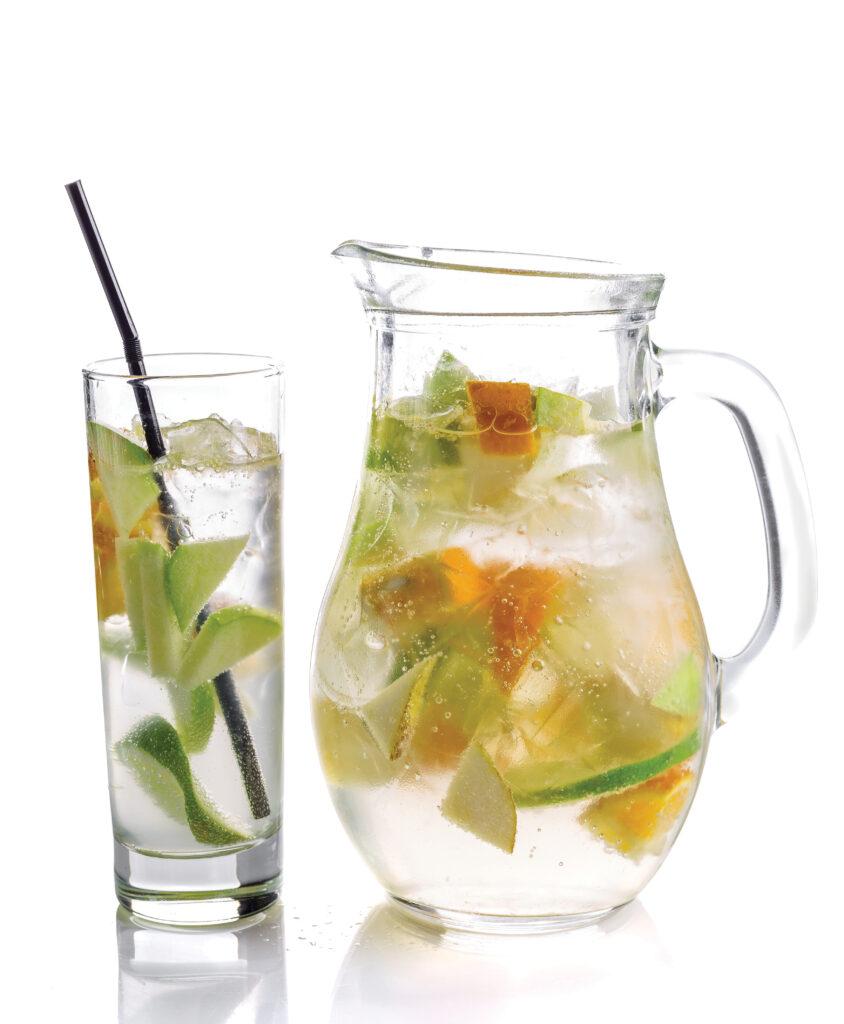
These dos and dont’s will help reduce the risk of heatstroke:
- – Wear loose and light-coloured clothing to reduce heat absorption and facilitate sweat evaporation and heat dissipation.
- – Avoid vigorous exercise and prolonged activities like hiking or trekking as heat, sweating and exhaustion can place additional demands on the physique.
- – Perform outdoor activities in the morning or the late afternoon.
- – For indoor activities, open all windows, use a fan or use air-conditioning to maintain good ventilation.
- – Do not stay inside a parked vehicle.
- – Reschedule work to cooler times of the day. If working in a hot environment is inevitable, introduce shade in the workplace where practicable.
- – Start work slowly and pick up the pace gradually. Move to a cool area for rest at regular intervals to allow the body to recuperate.
The WHO advises keeping a good supply of medicines, batteries and frozen or tinned food at home to avoid frequent trips to the shops during especially hot days.

Sunlight protection
As the sun blares down on these days of increasing heat, the Ultraviolet (UV) Index released by the Hong Kong Observatory is a helpful tool. When the UV Index is high (6 or above), avoid direct exposure of the skin and the eyes to sunlight.
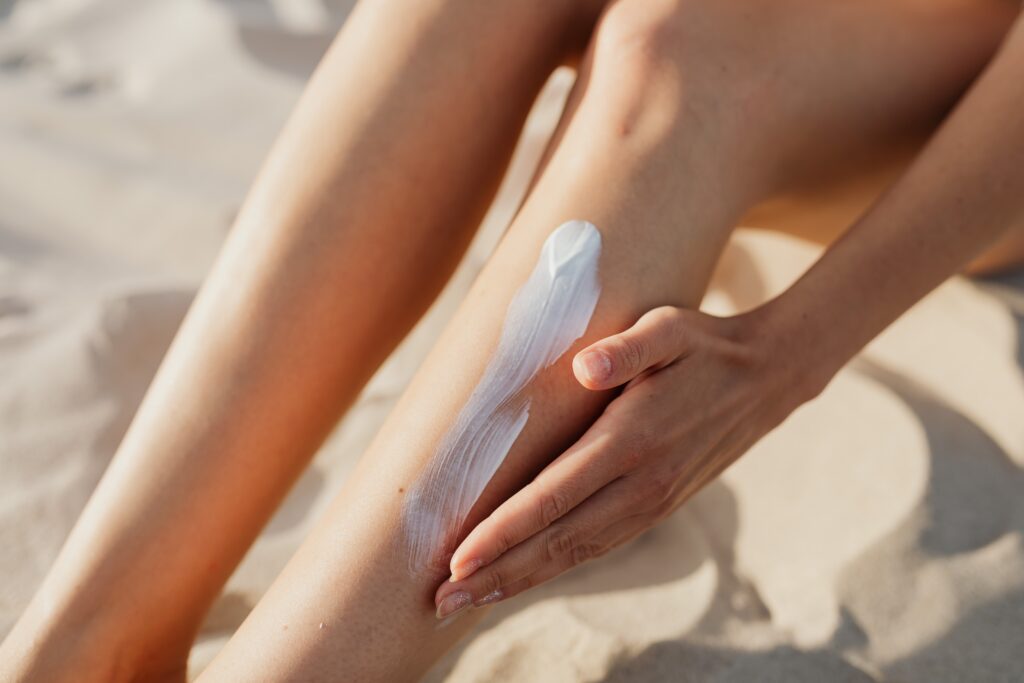
The following measures will help protect against UV damage when out in the sun:
- – Wear long-sleeved and loose-fitting clothes.
- – Wear a wide-brimmed hat or use an umbrella.
- – Seek a shaded area.
- – Don UV-blocking sunglasses.
- – Apply liberally a broad-spectrum sunscreen lotion with a sun protection factor (SPF) of 15 or above, and reapply after swimming, sweating or towelling off.
- – When using a DEET-containing insect repellent, put on sunscreen first, then the repellent.
Cold comfort
While there is plenty for the public to do and be aware of to adapt to extreme heat, measures on an individual level and government action plans like those adopted in Hong Kong do not tackle the root cause of the problem. Global warming is a result of climate change generated most significantly by greenhouse gas emissions. Until we get serious about curtailing these, our heat stress is only going to get worse.







